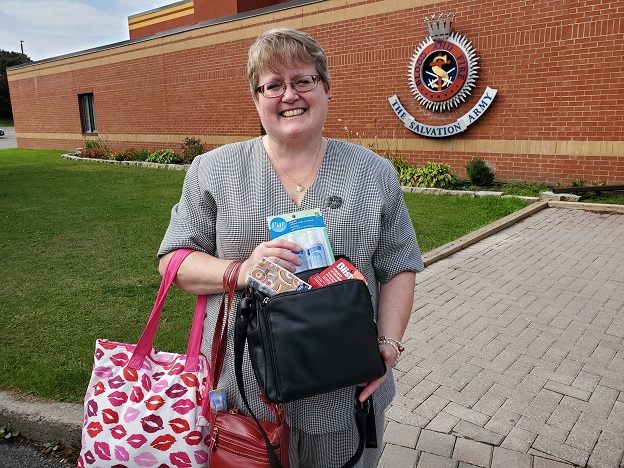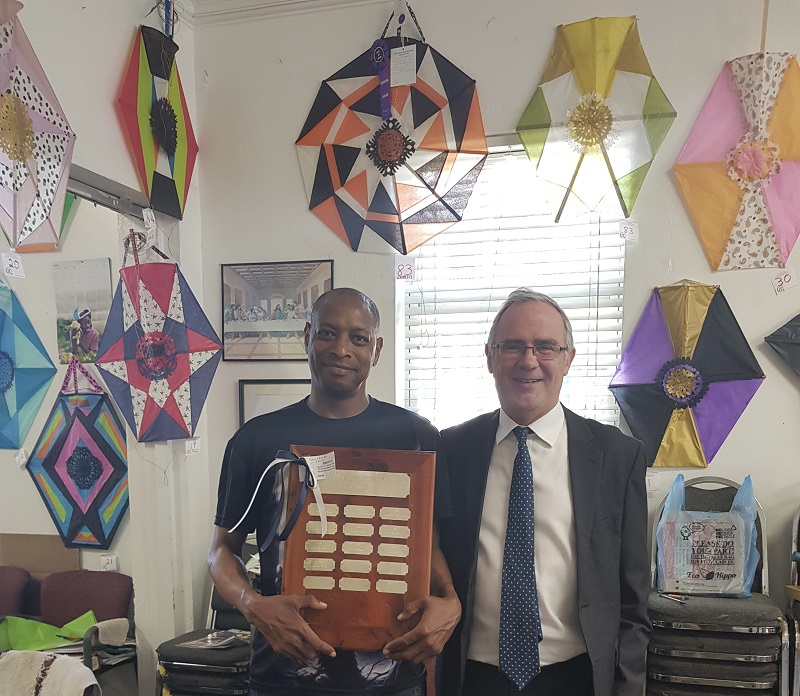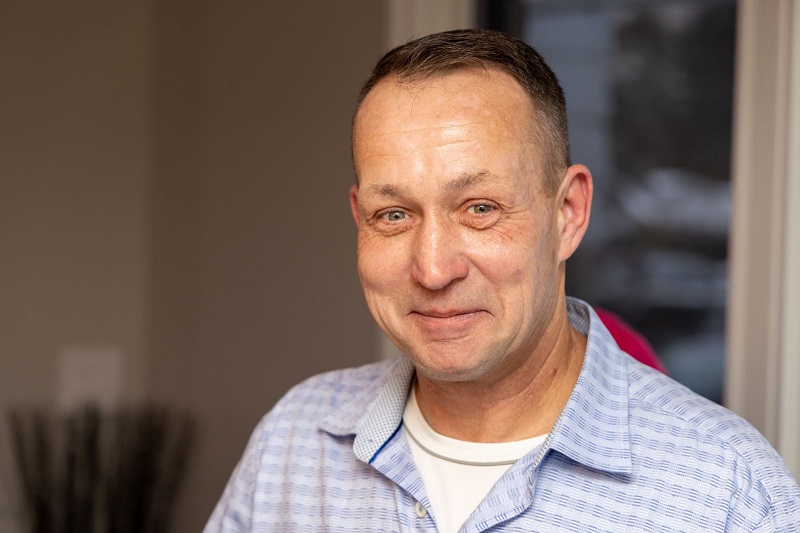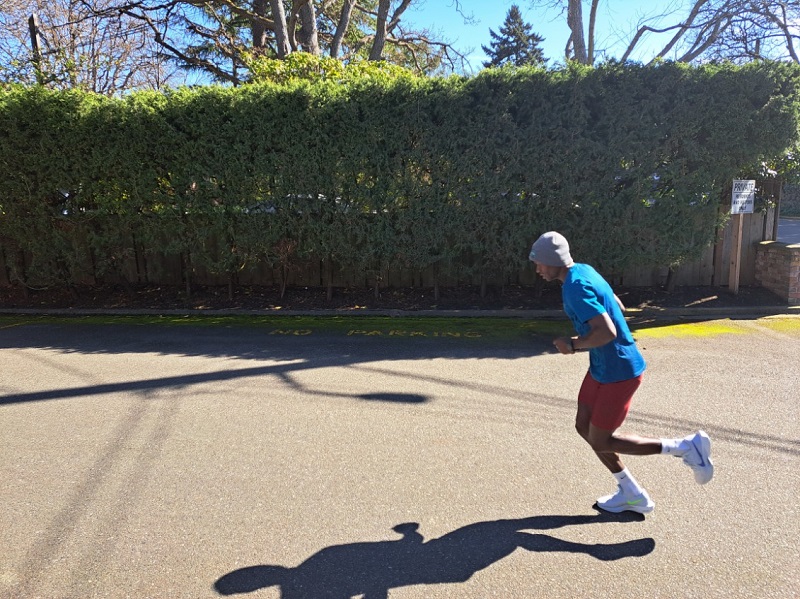Hope in a Handbag

Although the exact number of people who are trafficked in Canada is unknown, there is growing evidence of its widespread occurrence. When The Salvation Army’s Take-a-Break ladies group in Oshawa, Ont., learned that this form of modern-day slavery was prevalent in their community, they became educated and involved.
“A few years ago, our Bible study group wanted to be more educated about the issue of human trafficking,” says Joy Ball, program co-ordinator. “When a police officer from Durham Regional Victim Services spoke to us, many of the ladies were shocked at how local this evil was.”
“The road to safety can be complicated, layered and long-term supports are needed.”
After the women received eye-opening information about the harms associated with this crime, they did something practical to demonstrate true love to those whose view of it had been twisted. Purses are gathered and filled with items such as toiletries, lip balm, hand sanitizer and notes of encouragement, then given to the victims. Members of the group also commit to praying for the victims and first responders.
“The road to safety can be complicated, layered and long-term supports are needed,” says Carly Kalish, executive director of victim services in Durham Region. “The Salvation Army’s program to provide purses to people in extremely vulnerable states makes them realize there is someone who cares.”
“A little can go a long way for someone who feels isolated and judged, and has little resources.”
Kalish says that, this year, her team is on target to provide crisis response, intervention and prevention services to more than 250 victims of human trafficking.
In 2018, The Salvation Army in Oshawa donated 45 purses—in 2019, more than 60 purses.
“The Salvation Army is reaching out, one handbag at a time,” says Kalish. “A little can go a long way for someone who feels isolated and judged, and has little resources.”



